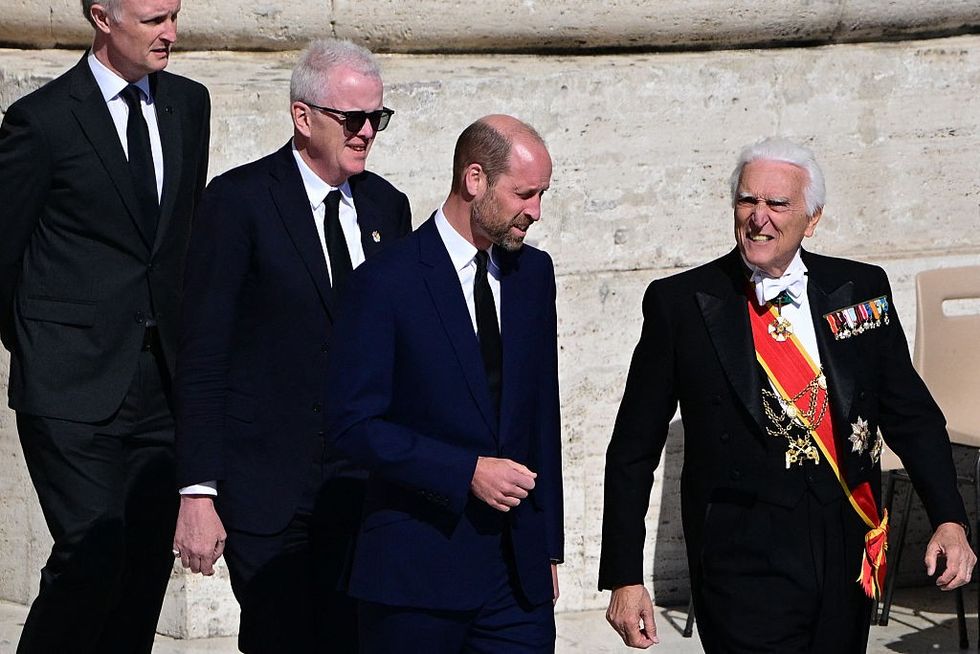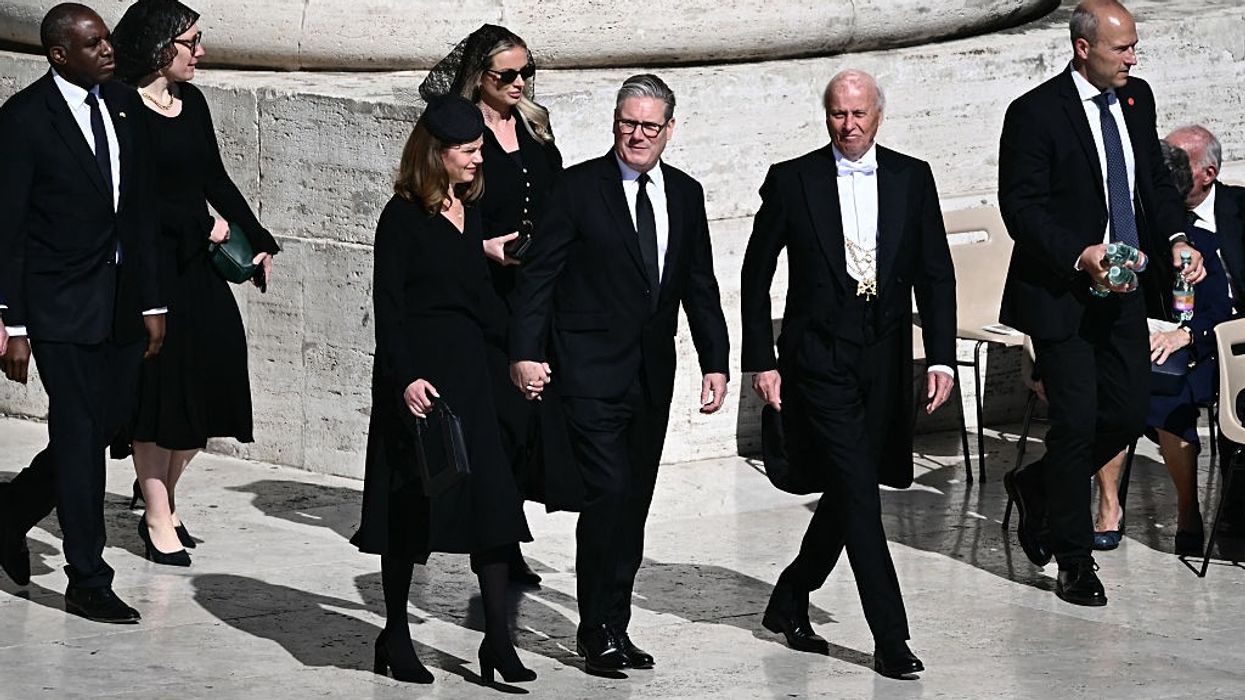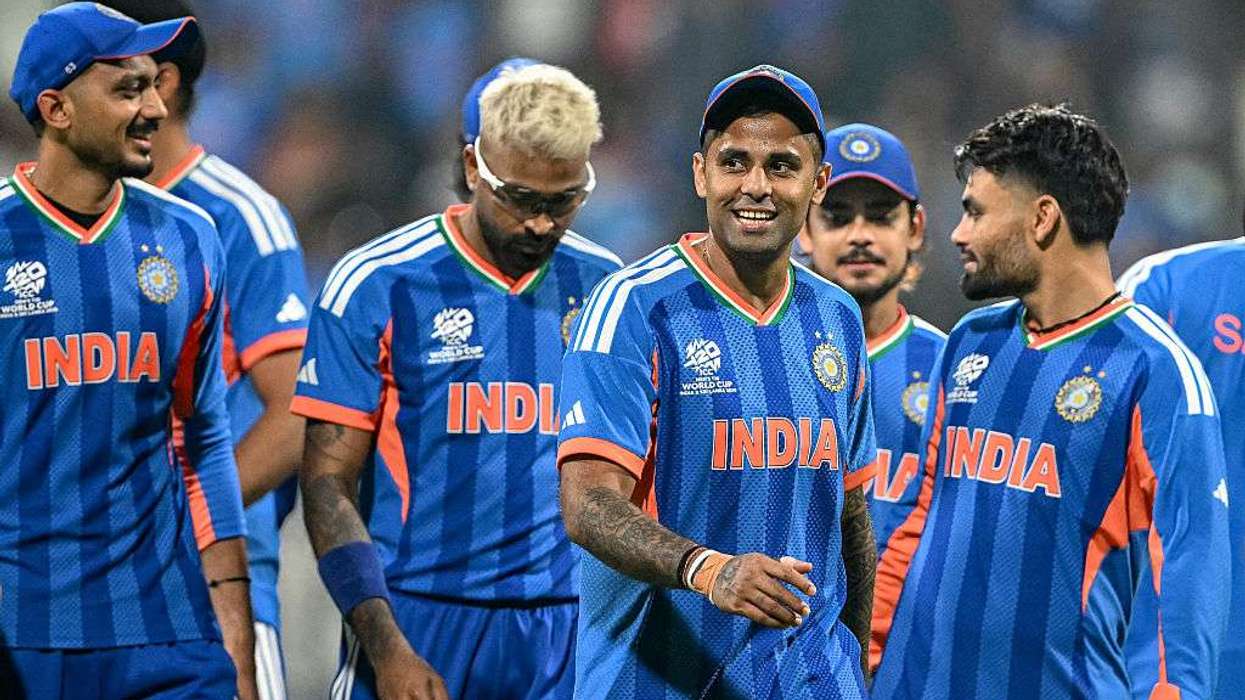PRINCE WILLIAM and prime minister Sir Keir Starmer joined world leaders and royalty in Vatican City on Saturday (26) to pay their final respects to Pope Francis at a historic funeral service that drew approximately 200,000 mourners to St Peter's Square.
The Prince of Wales represented his father King Charles III at the ceremony, maintaining a royal tradition after the King had previously attended Pope Benedict XVI's funeral. William was seen arriving solemnly at the Vatican, taking his place among the distinguished congregation of international dignitaries.
Starmer attended alongside his wife Victoria, representing the British government at what Cardinal Vincent Nichols, the leader of Catholics in England and Wales, called a "special" occasion. Scotland's First Minister John Swinney was also present, highlighting the event's significance across the UK. UK foreign secretary David Lammy also attended the event.
Cardinal Nichols reflected on the importance of their attendance, he said, "It's an expression of the respect in which the Catholic faith, and I think other religions, are held in Great Britain, in our country."
The Cardinal recalled King Charles's previous remarks on religious diversity, noting: "I remember very vividly, shortly after his mother died, King Charles invited faith leaders to Buckingham Palace, and he gave a quite remarkable speech. He said, 'I have constitutional duties to the church in Scotland and the Church of England, but I have no less important duties to all the lives of faith in this country.'"

Prime minister had earlier expressed his condolences, saying the "outpouring of grief" following Francis's death reflected the "high esteem" in which the Pope was held "not just by millions and millions of Catholics, but by many others across the world, myself included."
Cardinal Nichols suggested the attendance of Britain's political leaders demonstrated a "strengthened relationship between the faiths and Government" that had developed in recent years, particularly during the pandemic. He noted that this partnership had allowed faith communities to "reach parts of the population far more effectively than Government procedures could."
The seating arrangement at the funeral followed strict diplomatic protocol, with dignitaries positioned on the right-hand side of the square facing St Peter's Basilica. Heads of state were seated in alphabetical order by country, in French, following the front-row positions reserved for the leaders of Argentina (the Pope's homeland) and Italy.
The British representatives joined global figures, including US president Donald Trump and former president Joe Biden, France's president Emmanuel Macron and First Lady Brigitte Macron, Ukraine's president Volodymyr Zelensky, and numerous European royals such as Spain's King Felipe and Queen Letizia, Norway's Crown Prince Haakon and Crown Princess Mette-Marit, and Belgium's King Philippe and Queen Mathilde.





